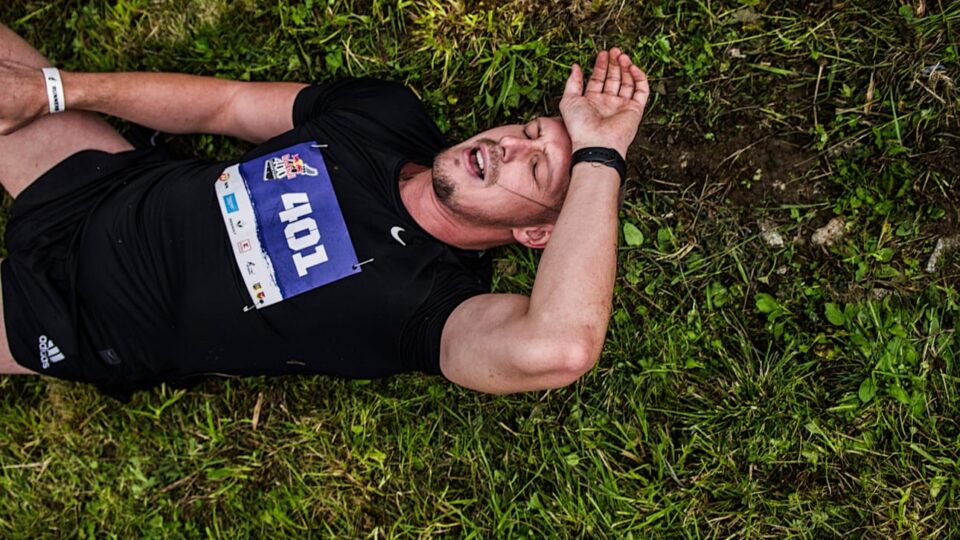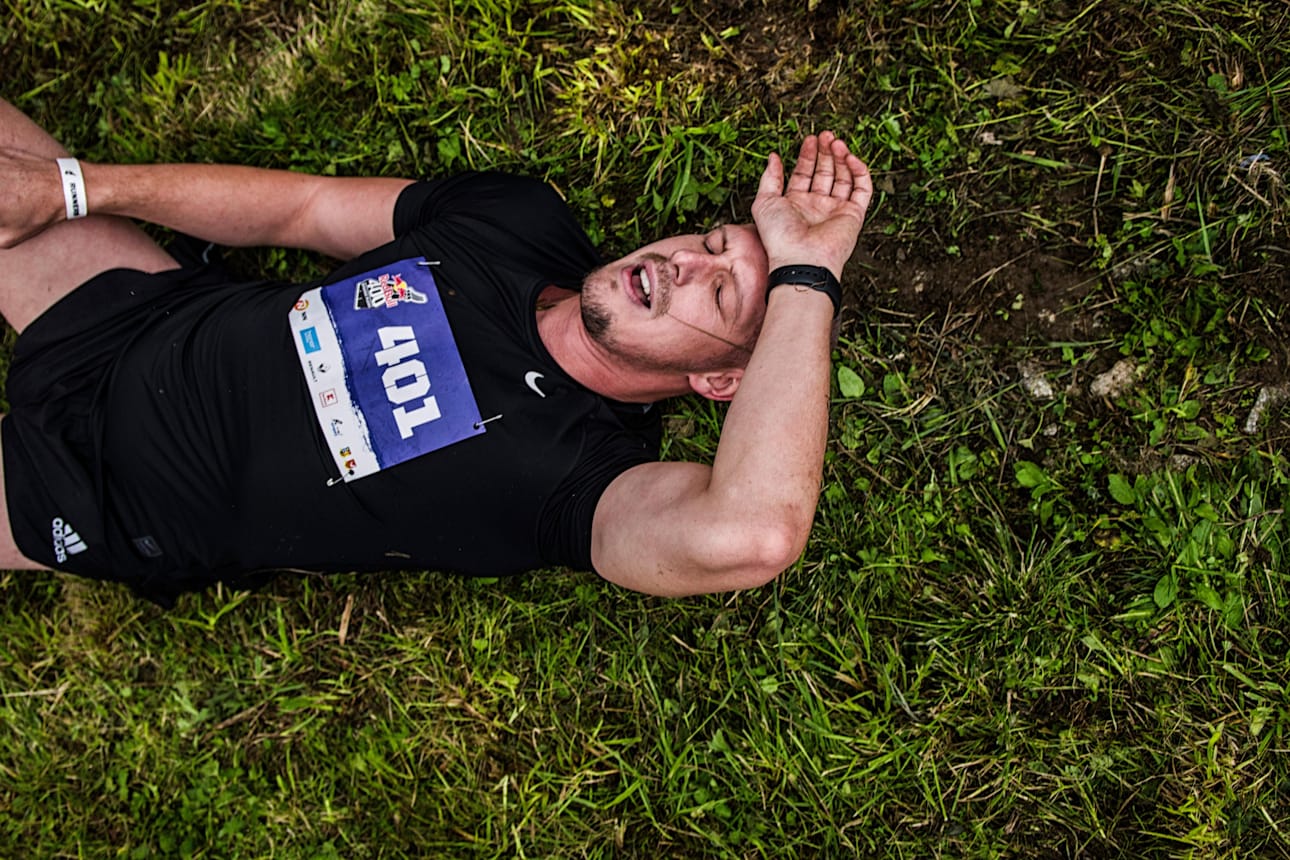
11 Oct2020

share



By its very nature, flow is fluid. Csikszentmihalyi identified the ‘arousal’ area as the point most people could learn from; it’s the point when you are pushed out of your comfort zone and forced to develop new skills if you want to improve and have a chance of finding flow again. Just as too big a challenge can be so overwhelming it strangles flow, complacency too is the antithesis of cultivating an absorbed state. To keep attaining flow, you need to keep learning and pushing yourself to improve in order to maintain that skills/balance dynamic.
To see the original article click here.
Psychologists can predict an athlete’s set point – the moment when your challenge and skills are perfectly balanced and you’re able to move into flow – by studying them over a period of time.
Amateurs don’t have the luxury of teams of experts monitoring their performances, but they can learn to recognise patterns that brought on flow in order to try and replicate those conditions another time.
Perry suggests when you experience what felt like flow during a workout or training, write down what was going on. What was the environment you were in like – was it windy, cold, hot? Were you on the beach, indoors, at altitude? What was going on in your life at that time? Maybe you are just back from injury and are happy to be running the way you wanted to, rather than being held back?
“If you could replicate some of those conditions either when you’re going through a tough time and you really need to help yourself by using sport to relax or feel good, or you’ve got a competition, if you could replicate any of those elements, it could be really beneficial.”
To become fully absorbed in a sport or activity, you need to be what psychologists call “intrinsically motivated”, basically you’re doing it for its own sake, not for any reward.
“If you are competing or training because you want to win something, you end up just focusing on the outcome which won’t help your flow, or your performance,” Perry says.
“But if you have an internal reason to do your sport – that you love the feeling of mastering new skills or enjoy the movement patterns, or it gives you a sense of joy – then you are far more likely to feel the flow.”